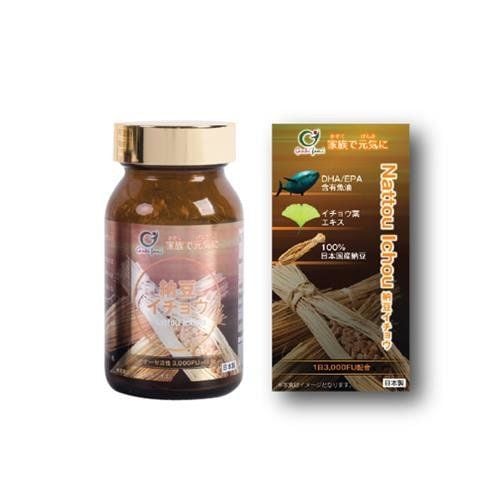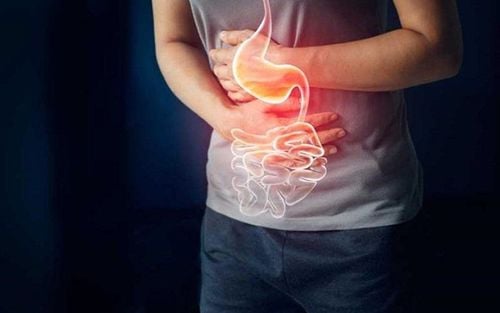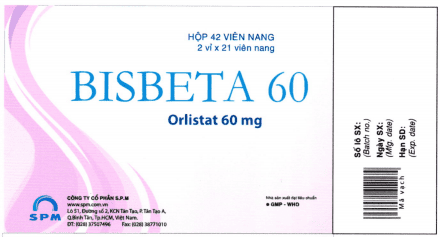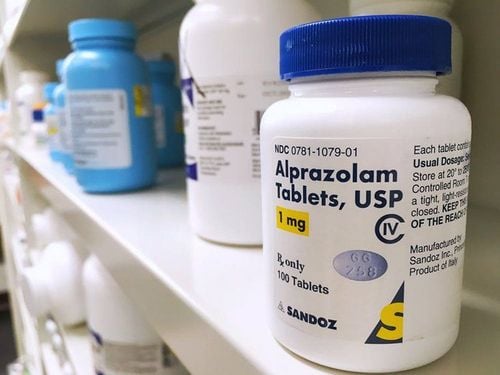This is an automatically translated article.
Anxiety is a normal response to stress or a scary situation. But if your anxiety is persistent or severe, you may have an anxiety disorder. This condition can cause a range of symptoms, both psychological and physical, including dry mouth.1. Causes of dry mouth when worried, stressed
There are a number of reasons why you experience dry mouth during anxiety and stress, the most common being:1.1. Breathing through the mouth Breathing through the nose is the healthiest and most effective way of breathing. But if you're feeling anxious, you're more likely to breathe through your mouth and not breathe deeply. Opening your mouth to breathe can cause air to get in and dry out your mouth. When you are very anxious and stressed, you may also experience hyperventilation - a pattern of rapid breathing through your mouth. This is also the direct cause of dry mouth.
1.2. Gastroesophageal reflux disease (GERD) GERD is a condition in which stomach acid flows up into the esophagus, which can cause dry mouth, especially in children. Gastroesophageal reflux disease is common in people with anxiety disorders. On the other hand, anxiety can also make you more susceptible to GERD.
1.3. Anti-anxiety medications For people with an anxiety disorder, if the condition doesn't respond to other treatments or is severe, your doctor may prescribe an anti-anxiety medication or an antidepressant. cold . Meanwhile, dry mouth is a common side effect of many drugs in this class.
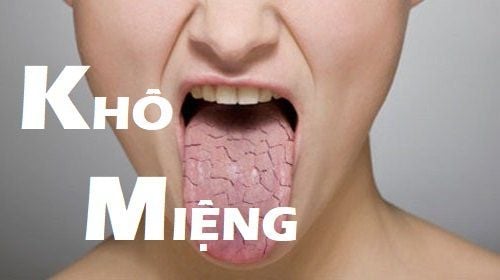
Căng thẳng có thể gây khô miệng
2. Other symptoms of anxiety and stress
Knowing some of the other common symptoms of anxiety and stress can help you figure out if that's what's causing your dry mouth. These symptoms often include:Restlessness, agitation, irritability Fast heart rate Increased ventilation or rapid breathing Increased sweating Difficulty concentrating Digestive problems, such as diarrhea or stomach pain Pain Head Tired Difficulty sleeping.
3. Home remedies for dry mouth
In many cases, you can ease dry mouth symptoms with home remedies. Here are some tips for dry mouth:Drink plain water or sugar-free drinks Chew on ice cubes Chew sugar-free gum (may increase saliva production) Focus on breathing through your nose instead of your mouth Turn on a humidifier in your home Avoid beverages that contain caffeine or alcohol Cut back on smoking or try to quit. Avoid using over-the-counter (OTC) antihistamines or decongestants unless absolutely necessary. Try an OTC saliva substitute that contains xylitol (this is available at most pharmacies).
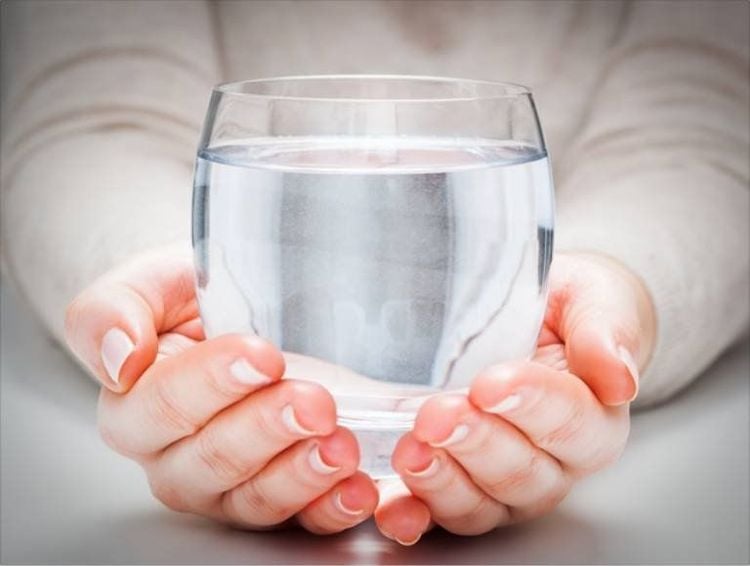
Uống nhiều nước lọc cót thể giảm khô miệng
4. Tips to reduce anxiety and stress
Alleviating anxiety can improve dry mouth as well as other symptoms. If you're feeling anxious and stressed, try some of these tips to stay calm:Exercise: For some people, mindfulness exercise like yoga can be helpful. Others find cardio (which raises the heart rate) helps them relax. Even just going for a brisk walk can relieve anxiety and stress. Meditation: Studies have shown that meditation can help reduce stress and manage feelings of anxiety. Meditation therapy can also reduce symptoms of anxiety disorders, such as panic attacks, social anxiety, and phobias. Try journaling: Writing down what worries you can help you get these thoughts out of your head so you can focus on other things. A healthy diet: Meals containing protein, complex carbohydrates, and healthy fats can limit blood sugar spikes that can worsen anxiety symptoms. Complex carbs can also increase levels of serotonin, a brain chemical that has a calming effect. Drink water: Even mild dehydration can negatively affect your mood and sense of well-being. So always keep your body hydrated, replenish water even when you're not thirsty. Identify causes of stress and anxiety: Try to pay attention to events and situations that make you feel anxious. From there you can find ways to avoid or reduce these triggers. If your anxiety and stress levels are so severe that you feel like you can't take it anymore, the best option is to see a doctor or mental health professional. You may be offered some form of psychotherapy or prescribed medication to ease your symptoms.
Psychological specialty - Vinmec International General Hospital has the function of examining, consulting and outpatient treatment of psychological problems and psychological health. With a team of experienced doctors, modern equipment along with the combination of deploying psychological tests and intensive psychotherapy for diagnosis and treatment, Vinmec will bring effective medical examination and treatment. best treatment for customers.
Please dial HOTLINE for more information or register for an appointment HERE. Download MyVinmec app to make appointments faster and to manage your bookings easily.
Reference source: healthline.com



